Fortinet Expands Integration of Cloud Security Offerings with Microsoft Azure to Provide Advanced Protection
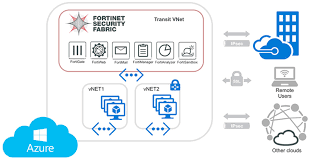
Sunnyvale, California – Nov 4, 2019 –
John Maddison, EVP of product and CMO at Fortinet
“Fortinet is helping our customers protect, consume and deliver cloud through our dynamic cloud security offerings. Using Microsoft Azure allows our customers to implement broad protection across their cloud deployments as well as on-premises infrastructure. Today’s announcement strengthens our collaboration as we work together to provide end-to-end security across the expanding digital attack surface.”
News Summary
Fortinet® (NASDAQ: FTNT), a global leader in broad, integrated and automated cybersecurity solutions, today announced the expansion of the Fortinet Security Fabric’s dynamic-cloud security offerings with Microsoft Azure, providing customers with an easier way to connect, manage and protect their cloud workloads on Microsoft Azure.
Organizations turning to Azure want to take advantage of the public cloud benefits without compromising security. While Microsoft secures the Azure infrastructure and isolates the tenants, customers are responsible making sure their cloud configuration is secure. Fortinet provides customers that utilize Azure with the confidence to deploy any application in the cloud while maintaining a consistent operational model and managing risks. The Fortinet Security Fabric’s dynamic cloud solutions help Azure users connect and protect their cloud workloads and offers security capabilities that are delivered from the cloud.
Delivering dynamic-cloud security solutions
Fortinet is working with Microsoft to enable joint customers to reap the benefits provided by cloud environments without compromising security. Today’s announcement includes:
- FortiGate Secure SD-WAN now integrates with Azure Virtual WAN to accelerate their cloud on-ramp by improving customer QoE and security. This is done through product integration and automation that simplifies connectivity to Azure Virtual WAN using Fortinet’s Secure SD-WAN offering. This integration automates the creation and tear down of branches connected to Azure Virtual WAN and provides centralized management of connected clouds across offices and regions. FortiGate Secure SD-WAN’s integration with Azure Virtual WAN also ensures optimal performance and security at the branch for customers accessing applications on Azure.
- Fortinet FortiCWP’s integration with Azure provides customers with increased visibility into their cloud workloads activity and configurations, as well as the ability to conduct deep analysis of data stored in Microsoft Azure blobs. By leveraging deep integration with Azure as well as utilizing FortiGuard-based threat intelligence, customers get comprehensive and most up-to-date threat information pertaining to their cloud workloads. FortiCWP works across clouds and leverages cloud providers’ APIs to gain a comprehensive view across workloads in any cloud region, enabling customers to detect threats and subsequently deploy necessary protection to mitigate these risks.
- Fortinet is also delivering a FortiWeb Cloud WAF-as-a-service from Microsoft Azure Marketplace. Organizations protecting their web applications are struggling to find a working balance between operational overhead and security effectiveness. FortiWeb WAF-as-a-Service offers the ideal combination by exposing pertinent configuration parameters, while automating provisioning of protection resources and fine-tuning security policies. Customers can now activate Fortinet’s WAF solution instantaneously and have the Software-as-a-Service (SaaS) solution automatically provision resources through the Azure marketplace. Fortinet’s WAF SaaS solution does not require administrators to possess specific web application security skills, enabling rapid application deployment. Other products already available on the marketplace include FortiGate VM Next-Generation Firewall, FortiWeb VM, FortiMail VM, FortiManager, FortiAnalyzer and FortiSandbox for Azure.
As organizations increase their adoption of Azure to build or migrate applications their technology footprint diversifies and expands. As a result, organizations are increasing their attack surface and risk. To mitigate these risks and properly secure workloads and applications, organizations need to securely connect their organization to the cloud. This can be done with the implementation of cloud security for their web applications and cloud platforms that is managed easily and seamlessly.
Tightened integration through the Fabric-Ready program.
The Fortinet Security Fabric’s dynamic cloud security solution set provides Azure customers with an extensive portfolio of integrated security solutions to address this need. By implementing the Fortinet Security Fabric on Azure, customers can deploy a fully integrated security solution that seamlessly spans dynamic clouds, which consist of on-premises and hybrid cloud environments.
Fortinet has a broad range of Security Fabric integrations with Microsoft products, including the extensive solutions with Azure referenced above, as well as FortiNAC integration with Microsoft InTune and SCCM, and FortiMail integration with Microsoft 365. By integrating its solutions, Fortinet and Fabric-Ready Partner Microsoft provide customers with end-to-end security that is pre-validated, saving time, costs and resources in systems integration, deployment, operations and support.
Supporting Quotes
“We are pleased to expand our collaboration with Fortinet through the integration of their Secure SD-WAN solution and Microsoft Azure’s Virtual WAN offering. As customers look to simplify branch connectivity and extend application workloads on Microsoft Azure, FortiGate Secure SD-WAN offers a rich branch and corporate connectivity solution for customers looking to secure and optimize their cloud on-ramp requirements. — Reshmi Yandapalli, principal product manager at Microsoft Azure
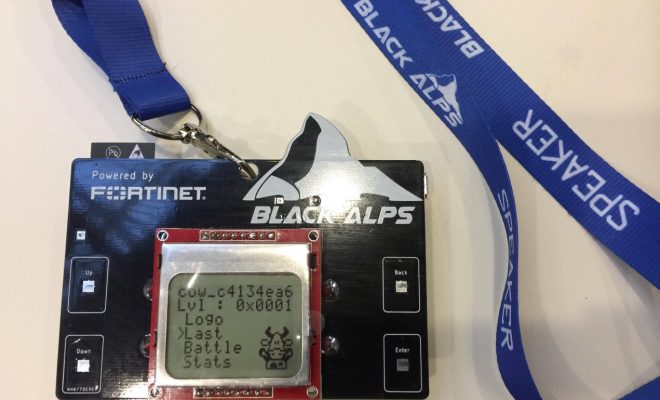
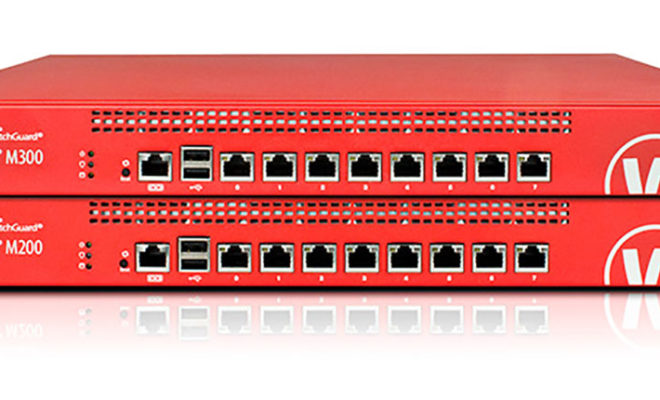



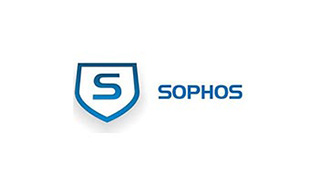


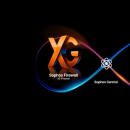



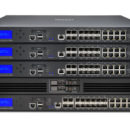

Dell Software Group sold to help fund looming EMC deal
Ingram Micro gets distribution access to Dell’s security range in Australia